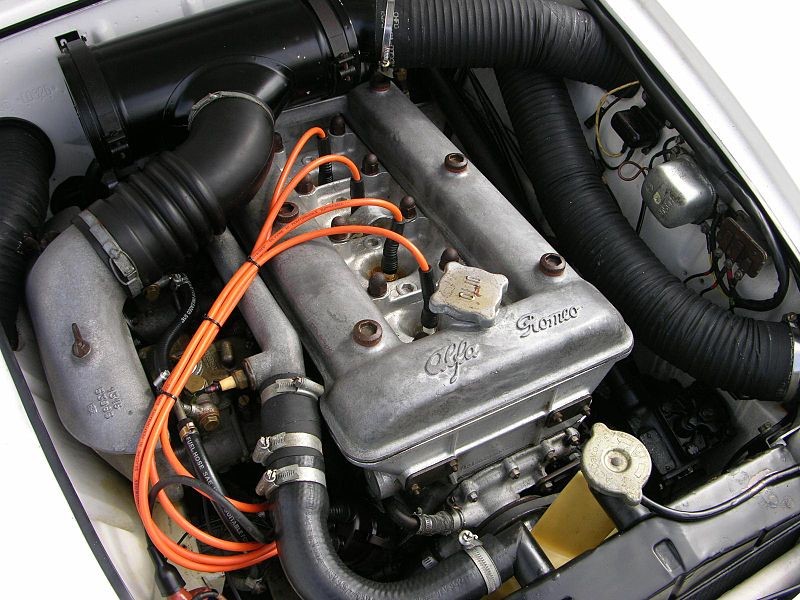This is a common question posed to those in the hose manufacturing business, not least because silicone is considered a wonder material with a whole range of uses. Can it be used for fuel hoses?
![]()
Why is silicone the wrong choice?
Unfortunately, silicone is the wrong choice for fuel hoses. Silicone is a porous material and is not resistant to any liquid that runs through it, especially something in constant use such as fuel, that may be sitting in the hose for extended periods of time. The fuel would eventually play a part in the deterioration of the silicone, rendering the hose itself unsafe and unusable.
Better options
There are two leading materials for fuel hoses that are both fuel resistant and highly durable. These are Nitrile Rubber (NBR) or Polytetrafluoroethylene (PTFE). Nitrile rubber hoses are the most common choice and are available in a wide number of hose varieties. Nitrile rubber is fully synthetic and oil-resistant. In fact, it’s main use is in fuel hoses, as well as in gaskets and rollers too. PTFE-lined hoses are another good choice. They are used not only for oil or fuel, but also for carrying a range of corrosive chemicals.
![]()
Exception to the rule
There is one way to use a silicone hose for fuel and that’s by using a hose that has a fluorosilicone lining, which prevents oil from penetrating the actual wall within the hose. However, it’s still not enough for a heavy use fuel hose, only for a hose that is occasionally used for fuel.
When silicone is the right choice
Silicone hoses may not be ideal for fuel, but they are absolutely perfect for a wide number of other applications, thanks to excellent flexibility, resilience and lifespan, as well as the fact that they are able to withstand an excellent range of temperatures.
Established silicone hose manufacturers, such as https://www.goodflexrubber.com/pages/silicone-hose-manufacture, offer a great choice of both silicone hoses and fuel resistant hoses made with nitrile rubber and other materials, including EDPM, ECO and FKM.
Whilst silicone hoses offer a range of excellent uses, they are simply not suitable for fuel. Luckily, there are plenty of alternatives for this specific use. Finding the right hose for the job is vital, not only for the lifespan of your hose, but in terms of health and safety too.






